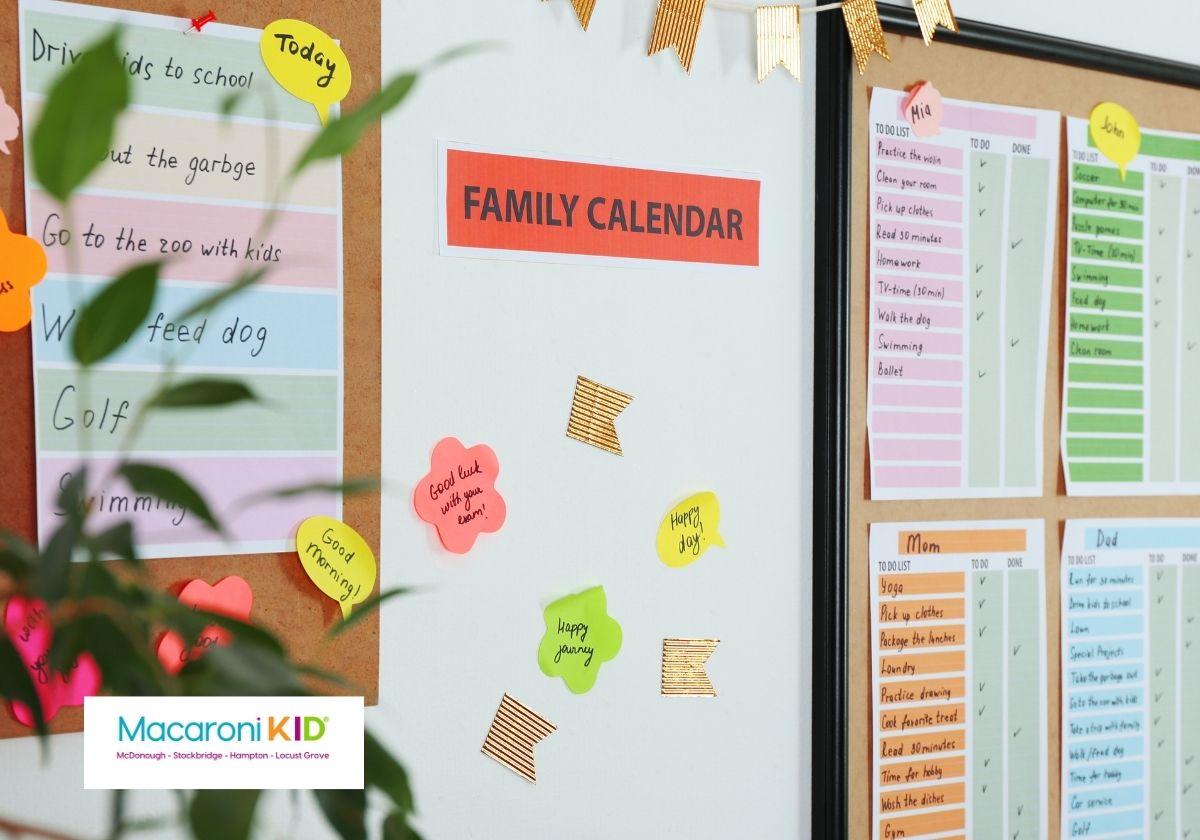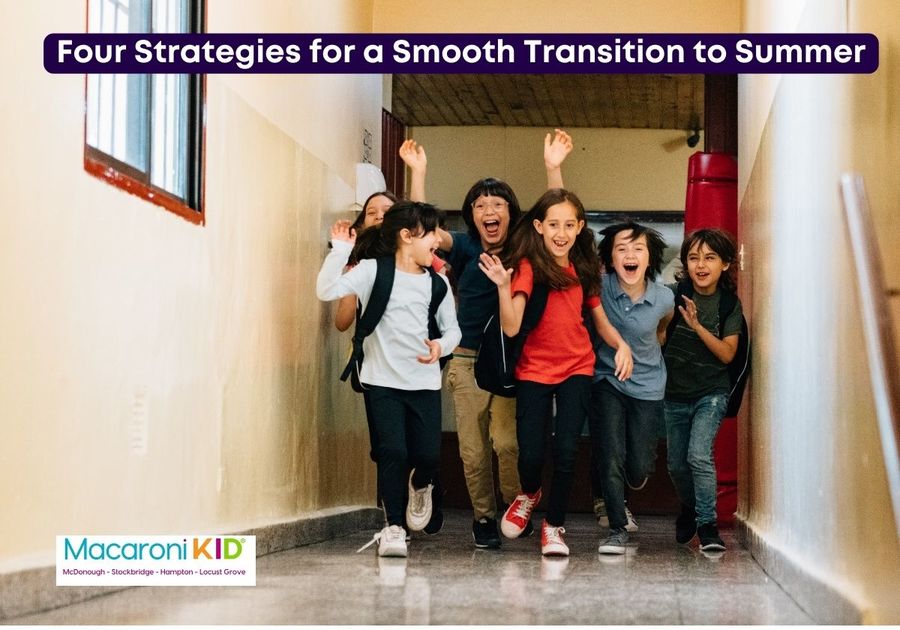The school year is coming to an end. While some kids experience anxiety at the beginning of the school year, there are just as many kids who are sad to say "goodbye" to their teacher, classmates, and routines. What can parents do to help their children transition to summer?
Here are four great strategies to make a smooth transition to summer:
Provide Closure
 |
Help your child think through what they appreciated about their teacher/teaching staff this year and share their favorite memories of the year. Help your child write some of these things down, whether in a card to give to the teacher, in a journal, or in a memory book. Your child could print or illustrate pictures to go along with the stories they want to remember.
If they are experiencing a transition between elementary and middle school or middle and high school, talk through what they will miss about their school and what they are looking forward to next year.
 |
Make summer break with a family celebration. Have a special meal that represents summertime such as burgers on the grill, watermelon and ice cream cones. Enjoy a traditionally summer activity together such as setting up the volleyball net or having a firepit and making smores. Discuss what everyone envisions for summer and create a summer bucket list and plan those activities into your weekly calendar. Which leads us to another strategy...
Create a Summer Routine
 |
Parents often notice that their kids are well-behaved at school, but seem to regress at home. One reason for this is children have structure and clearly-communicated expectations that remain consistent throughout the day. When a child enters a classroom, he or she knows their job is to check in (perhaps by signing their name at their desk), put away their things, wash their hands, and complete a task before joining the group. This routine is predictable, which means the child knows what to expect, as well as what is expected of them. To continue this at home, think strategically about which household routines might benefit your child. Consider creating a visual schedule or calendar so that your child knows what is coming up and discuss expectations as a family.
An example summer schedule might start with a family breakfast followed by a movement time (stretching, running outside, jumping, anything that gets those big muscles moving). Lunch could be followed by 15 minutes of quiet reading time. There can be a designated time for household chores as well as free play and outings. Maintain consistent bedtimes as well. Any rhythm that repeats itself day-to-day will help anchor your child’s day and give them a structure in which they can feel safe and be successful.
Think weekly as well -- Mondays could be library day, while Thursdays might include a visit to a favorite park.
Maintain Friendships
 |
Summer can be a lonely time for children who go from a bustling classroom full of peers to being at home alone all day. Find ways to connect with your child’s friends, making sure to include friends from their school. Meet up at a playground or community space, or invite friends over for a picnic lunch. Participating in day camps is another great way to keep up social connections. Even connecting on Facetime or playing games virtually together can bring a sense of connection.
Combat the Summer Slide
 |
Help children practice those newfound academic skills throughout the summer. Set aside plenty of time to practice reading, writing, and mathematics concepts.
- No flashcards; make it fun! Math skills can be practiced by counting how many steps it takes to run across the playground or by using measuring cups while making a summer treat in the kitchen.
- Participate in your library or local bookstore's summer reading program.
- Model reading for the child, and make time to read together as a family. Write cards and grocery lists together.
- Play games that develop reading and storytelling skills.
- Engage in STEAM (Science, Technology, Engineering, Art, and Math) activities together
Kids in the achievement gap are most vulnerable to losing academic skills over the summer, which makes it even more crucial to practice those developing skills during time away from school. Parents could ask their child’s teacher for a list of skills to work on over the summer.
Summer is also a good time to catch up or brush up on skills. Investing in time with a tutor can give your child a boost of confidence. Bridging Gap is a local tutoring company that provides academic instruction and test prep for grades k-12.
Transitions can be exciting and scary at the same time. Keep lines of communication open and try these strategies to lay the foundation for a fun and memorable summer.



